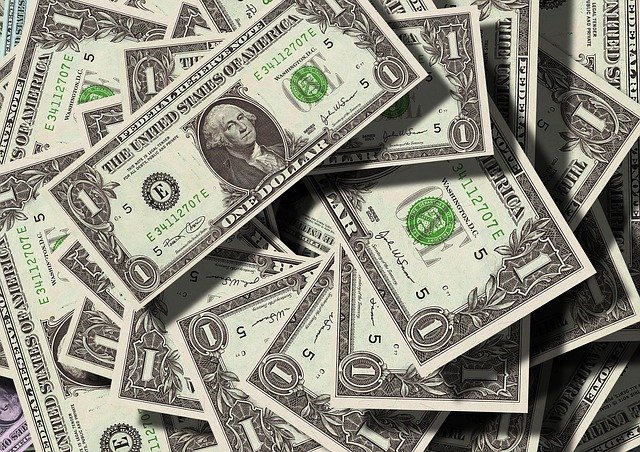Collecting Paper Money
This article will show you how to start a dollar bill collection. Dollar bills have been used as symbols of wealth, power, and privilege since the 1800s. They are also collected by people who enjoy history or want to remember special moments in time. This article will cover what type of paper currency is needed for collecting dollar bills, where it can be found, and some other ways that collections can be started!
Collecting genuine artifacts from the past has been one of our most rewarding activities for centuries. Collectibles help us to remember how people lived many years ago and the lives that they led, which is exciting if you like imagining what life was like back then! Authentic relics and artifacts shed light on history – whether ancient coins or antique artwork- illuminating an era we might not have known about otherwise.

How to Start a Paper Money Collection
Before starting you need to identify what types of paper money you are interested, your budget for buying and collecting, as well as the range of dates you are willing to collect.
The first step is to identify what type of paper money you want to collect, which can be done by looking at national banknotes from different eras and regions. The US has had a fiat currency for 100 years but there have been many types throughout history that may be collected (Spanish doubloons, French assignats, Confederate States dollars). It is more difficult to find older paper money in good condition so collectors often start with the common United States dollar that has been in circulation for almost a century.
The second step would be to establish a budget for buying and collecting, which can be done by looking at the cost of a book with specific information about your desired currency or using an online catalog.
The third step is to determine where you will find paper money in good condition – this should include antique shops, flea markets, conventions, and auctions as well as local banks that have coin and paper money auctions.
The fourth step is to determine how you will store the items that are collected – this should include a coin album, storage boxes, or even shoeboxes in order for them not to be mixed up with other currencies. Organizing your collection by country of origin can also help make it easier to find what you are looking for.
The fifth step is to start collecting! This can be done by purchasing a small amount of paper money every month, tracking what you find with an app like CollectPaperMoney, or even asking family members and friends if they have any old currency lying around the house that could be added to your collection.
There are many places that can be searched for paper money, such as eBay or a coin store in your area! You may also want to try checking out thrift and secondhand stores because they often sell old money by weight. Thrift shops will sometimes have glass jars full of different coins on display, making it easy to find what you’re looking for. One place where people do not typically look is on local Craigslist pages; there are usually listings containing collectible currency with pictures posted every day!
Some Questions about Collecting Paper Money
What makes paper money worth more?
Paper money is worth more if it remains in good condition and has not been circulated or damaged. If the edges are worn unevenly, for example, that means that the paper bill was used a lot before being collected!
What would I do with my old currency?
There are many ways you can use your old currency after collecting- some people use it as a decoration or framing them to make an interesting art piece. You may also want to donate your collection if you are no longer interested in collecting – this will ensure that the money goes back into circulation so someone else can appreciate it!
Can I buy paper money off of eBay?
Yes, there is plenty of currency available for purchase on online auction websites like eBay- just be sure to do quality research beforehand and consider buying from a reputable seller. Items with special serial numbers (like those below $100) include free shipping while other sellers might charge extra for delivery.
Do I need an album?
The second step would be establishing a budget for buying and collecting which can be done by looking at the cost of a book with specific information about your desired currency or using an online catalog.
How do you store papers?
There are plenty of ways to store collections ranging from coin albums, storage boxes, and shoeboxes. These should be labeled with the currency name to avoid confusion.